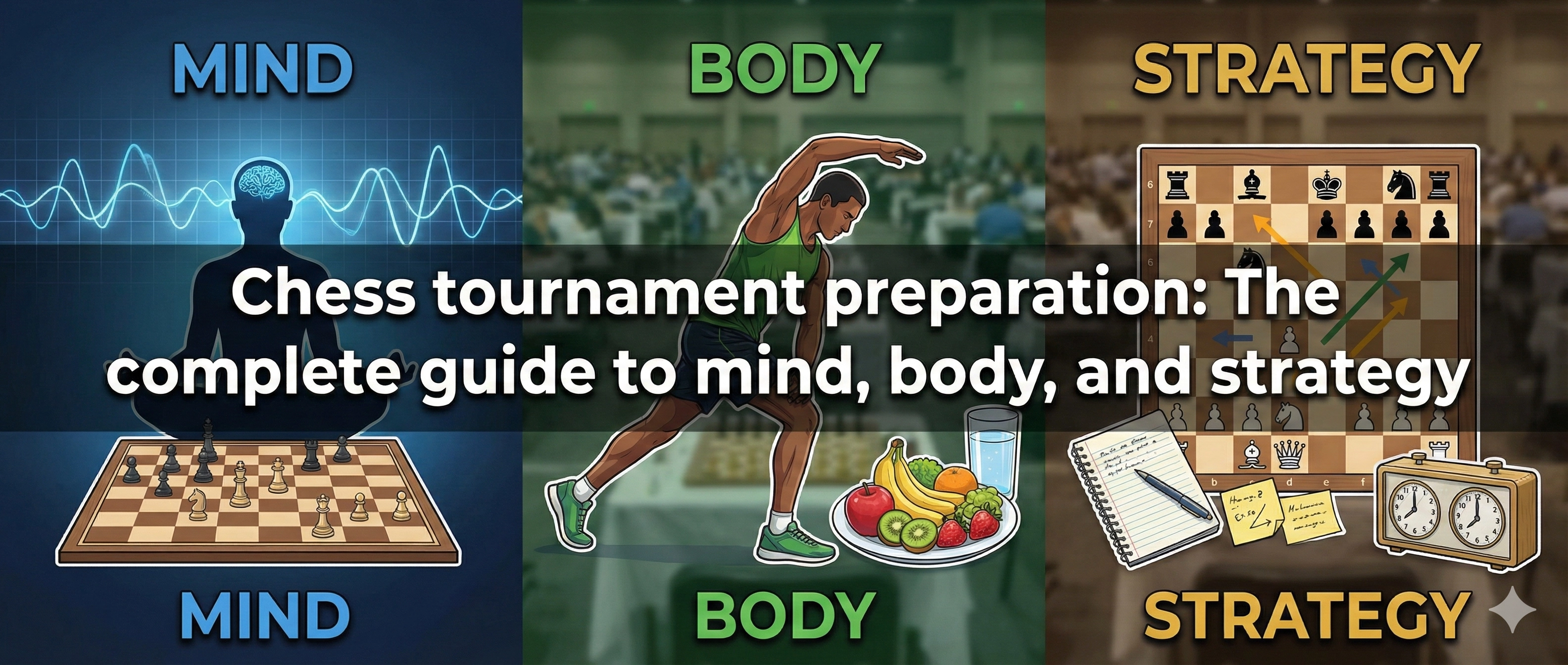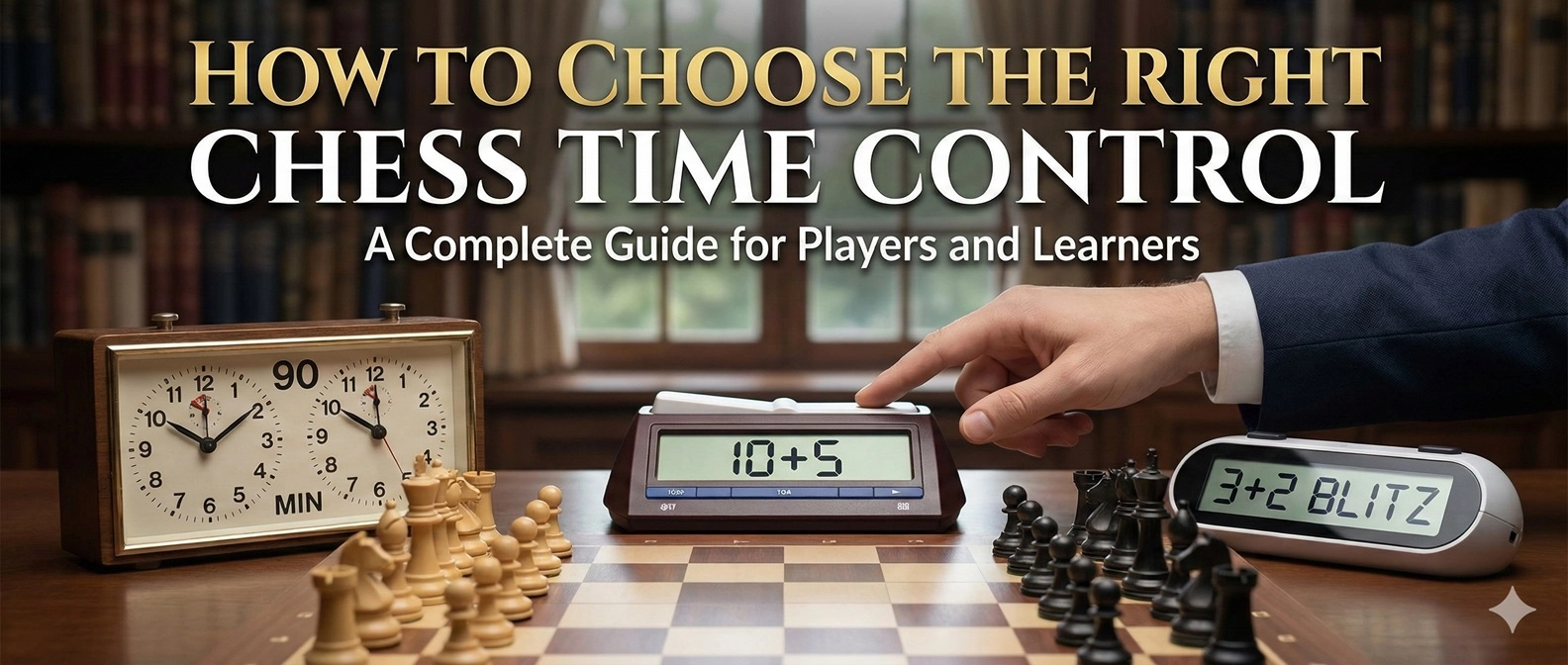A survey conducted by Fender in 2018 says that a whopping 90% of guitar players quit in the first year of learning because they don’t see any progress.
One of the most important contributing factors is how people approach their practice sessions. While most people ask, “how much should I practice” it is not that easy to answer.
So keep going, and you might find the answer to your question in the latter part of the article.
Ask the Right Question
Instead of asking - “how much should I practice ?” or “ How long should I practice ?” you should focus on “ How well do I want to get” or “What level/goal do you want to achieve ?” You will get 10 different answers.
For beginners, building finger strength and stamina takes precedence over anything else that involves a guitar. If you don’t build the necessary skill level and strength, you can’t practice for long hours anyway.
Asking this kind of question is important because everybody has different abilities, so switching between basic chords or feeling a rhythm might come easier to some than others.

Check out EnthuZiastic Guitar Classes for a personalized Guitar learning experience.
1. Go for Quantity over Quality
It is a scientific fact that a small, focused, and intent-driven session is way better than longer practice sessions. While long and unbroken practice sessions may feel like they are working, they can prove counterproductive to beginners.
Why not practice non-stop
Our minds can’t focus for long unbroken periods
Our minds only remember the start and end of practice sessions.
To counter these disadvantages, we can use two concepts from the world of productivity that even help students study for the test: The Pareto Principle and Pomodoro technique. The Pareto principle is popularly known as the 80/20 rule, which says that 80% of results arise from 20% of actions.
And the Pomodoro technique is a simple time restriction technique that people use to this day, studying or practicing for 25 minutes and take a 5-minute break. You can do this for as long as you like. These concepts solve the two shortcomings of long hours of practice and the fatigue that comes with it.
Though these issues are primarily seen in beginners, even intermediate or advanced guitarists can use these techniques in their practice routine. You could also take guitar lessons and your guitar teacher will take care of your practice schedule for best results.
Make your Practice Sessions more Effective
We have made it clear that you do not have to practice for long and unbroken hours unless you are a pro guitarist or play because it's one of your hobbies.
But we live in a busy world, so you should focus on efficiency more than the amount of time you spend on practice. Here are some tips to make your practice sessions effective in less time:
We have made it clear that you do not have to practice for long and unbroken hours unless you are a pro guitarist or play because it's one of your hobbies. But we live in a busy world, so you should focus on efficiency more than the amount of time you spend on practice. Here are some tips to make your practice sessions effective in less time:
1. Don’t multitask
You may think that you can do 2 or…… , 4 things simultaneously, but you can’t if you have your phone buzzing with notifications, a TV on that you are watching, and a guitar in your arms. Just stop everything else and play the guitar. It is not some big secret that multitasking doesn’t work. It will be your most significant barrier to progress.
Always tune-up before practice “If I only had an hour to chop down a tree, I would spend the first 45 minutes sharpening my ax.” – Abraham Lincoln. This quote fits perfectly in this context. Every time you are about to practice, make sure all your guitar strings are in tune.
An out-of-tune guitar doesn’t sound good, plus you will save a lot of time if you maintain your instrument every day and not once in a while.
2. Use a Metronome
The metronome is a friend to every musician. It will help you build the speed and rhythm and maintain a proper tempo you can follow.
3. Consistency
matters more than the time spent As discussed in the previous section of this article, short sessions and consistent practice sessions are better than long and inconsistent practice sessions.
Even if you spend limited time, only 30 minutes of practice without breaking the streak, you will have significant progress. Refer to this table to match your level with the hours you need to invest.
Level of playing | Time to invest |
Beginner | 30 minutes to 1 hour |
Intermediate | 1 hour to 1.5 hours |
Advanced | 1.5 hours to 2 hours |
Professional | 2 hours to 3 hours |
4. Practice Your Favorite Songs
No set manual says you should practice with specific 10 songs to begin your journey. I say you should choose a piece of music that you like because you would already know what the song is supposed to sound like, and you will correct your own mistakes.
This process will lead to faster progress. It is one of the best ways to practice guitar. You can also experiment to sing and play guitar at the same time. Here is a list of 20 easy metal songs on guitar you might want to try.
In fact, you can try songs in other genres like jazz or pop too.

5. Celebrate your progress
Over wins Once you are doing significant practice, start taking note of your journey. Record all your learning in a journal, which you can read later.
Keeping a journal will help you look at your progress objectively and inspire you to do more. Your future self will thank you for doing this.


Conclusion
How long does it take to learn guitar? In all honesty, there isn’t a magical potion or a spell that can make you a great guitar player overnight. It is achieved through rigorous practice and dedication. You can go to the heights of Jimi Hendrix, Jimmy Page, or Brian May; it is just a matter of intentional and quality practice. Tell us how far you have come along in your journey as a guitarist. Until the next time.=====

FAQs
1. How many hours a day should you practice the guitar?
You don't need to spend much time to achieve good results. A good time would be 30 minutes to 1 hour of guitar practice for beginners, but if you are an intermediate, advanced player, or a professional musician, you can spend anywhere from 2 to 3 hours depending on what you might be working on.
2. How many days should I practice the guitar?
Consistency is the key here, so practice 5 days per week. This doesn’t say that you should practice only 5 days a week; you can have daily practice sessions if that’s what you wish.






Comments